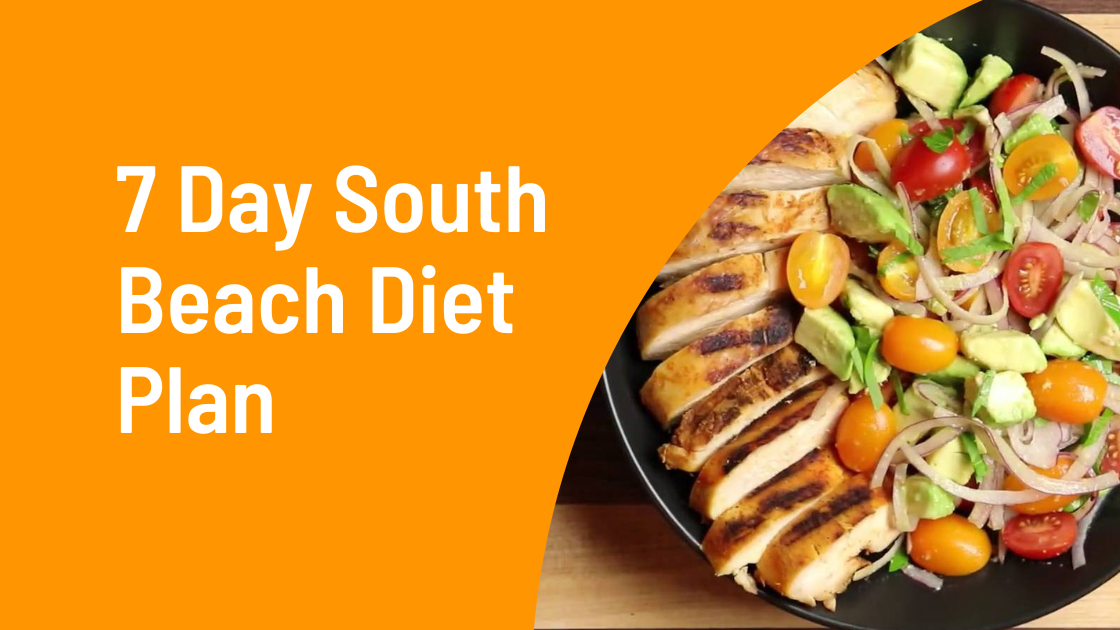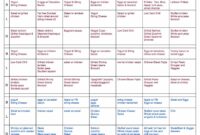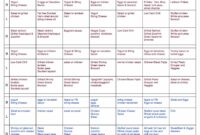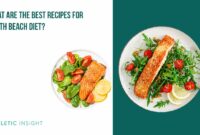Foods to eat on the South Beach Diet represent a carefully curated selection of nutritious options designed to promote healthy weight loss and improved overall well-being. This approach, unlike many restrictive diets, emphasizes balanced nutrition and sustainable lifestyle changes rather than short-term deprivation. Understanding the permitted and restricted food groups across the diet’s three phases is key to success. This guide delves into the specifics, offering a comprehensive overview of what to eat, what to avoid, and how to create delicious and satisfying meals within the South Beach Diet framework.
The South Beach Diet’s structured approach focuses on controlling blood sugar levels through the strategic selection of carbohydrates. This method prioritizes lean proteins, healthy fats, and non-starchy vegetables, leading to sustained energy levels and reduced cravings. By understanding the principles behind the diet and mastering the art of food selection, individuals can embark on a rewarding journey towards their health goals.
Foods to Avoid on the South Beach Diet
The South Beach Diet emphasizes a balanced approach to weight loss by focusing on nutrient-rich foods while minimizing those that can hinder progress. Understanding which foods to avoid is crucial for successful adherence to the plan. This section details the food categories to restrict and explains the rationale behind these restrictions.
Reasons for Restricting Sugary Drinks and Processed Foods
Sugary drinks and processed foods are high in added sugars, unhealthy fats, and refined carbohydrates. These components contribute to rapid spikes in blood sugar levels, leading to increased insulin production and subsequent fat storage. Furthermore, processed foods often lack essential nutrients, leading to an overall less healthy diet. The high calorie density of these items, without commensurate nutritional value, makes weight management significantly more difficult. For example, a sugary soda provides empty calories, offering little to no nutritional benefit compared to a glass of water or unsweetened tea. Similarly, a processed snack like potato chips is high in unhealthy fats and salt, lacking the fiber and vitamins found in fresh vegetables or fruits.
Reasons for Limiting Certain Carbohydrates
The South Beach Diet limits certain types of carbohydrates, specifically those that are rapidly digested and lead to quick blood sugar spikes. These include refined carbohydrates like white bread, pastries, and sugary cereals. These foods lack fiber and other essential nutrients, contributing to energy crashes and increased hunger. The focus is on incorporating complex carbohydrates, which are digested more slowly, providing sustained energy and promoting satiety. Examples of complex carbohydrates that are encouraged include whole grains, legumes, and non-starchy vegetables. The difference lies in the glycemic index (GI); foods with a low GI are preferred because they cause a slower, more gradual rise in blood sugar.
Foods to Avoid on the South Beach Diet
The following table illustrates specific food types to avoid on the South Beach Diet, along with reasons for restriction, potential health concerns, and suitable alternatives.
| Food Type | Reason for Restriction | Health Concerns | Alternatives |
|---|---|---|---|
| Sugary Drinks (Soda, Juice) | High in added sugars, empty calories | Weight gain, type 2 diabetes, tooth decay | Water, unsweetened tea, black coffee |
| Processed Foods (Chips, Fast Food) | High in unhealthy fats, sodium, and added sugars; low in nutrients | Heart disease, high blood pressure, obesity | Lean protein sources, whole grains, fruits, vegetables |
| Refined Grains (White Bread, White Rice) | Rapidly digested, leading to blood sugar spikes | Weight gain, energy crashes, increased hunger | Whole-wheat bread, brown rice, quinoa |
| Sweetened Desserts (Cakes, Cookies) | High in added sugars and unhealthy fats | Weight gain, type 2 diabetes, increased risk of heart disease | Fruit, dark chocolate (in moderation) |
Closing Summary
Successfully navigating the South Beach Diet hinges on a thorough understanding of its principles and a commitment to making informed food choices. While initial adjustments may be required, the long-term benefits – improved metabolic health, sustained weight management, and enhanced energy levels – make the effort worthwhile. Remember to consult with a healthcare professional before making significant dietary changes to ensure the plan aligns with your individual needs and health status. By embracing the balanced approach and mindful eating habits promoted by the South Beach Diet, you can pave the way for a healthier and happier lifestyle.




